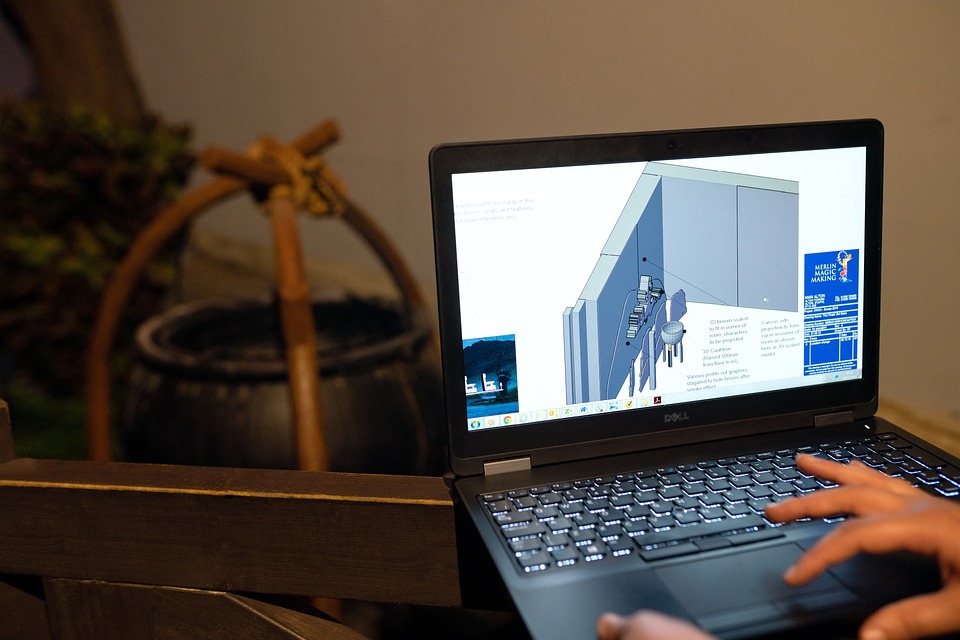Navigating the labyrinth of civil engineering interviews can be as intricate as the projects you’ve worked on. With a myriad of competing candidates and the ever-present pressure to showcase your technical expertise, preparing thoroughly is non-negotiable. Here are some invaluable tips and strategies to help you stand out from the crowd and secure that coveted position.
Mastering the Technical Questions
-
Know Your Fundamentals: Brush up on core concepts such as fluid mechanics, structural analysis, and materials science. Employers expect you to demonstrate a solid understanding of these principles. Don’t shy away from delving into the specifics—be ready to discuss the nuances of various materials and their applications.
-
Project Experience: Be prepared to discuss your previous projects in detail. Highlight your role, the challenges faced, and the innovative solutions you implemented. Use the STAR method (Situation, Task, Action, Result) to structure your responses, ensuring clarity and impact.
-
Latest Industry Trends: Stay abreast of current trends and technologies in civil engineering, such as sustainable building practices or advancements in software tools like BIM (Building Information Modelling). Being knowledgeable about these topics not only shows your commitment to the field but also your adaptability.
Behavioral and Situational Questions
-
Team Dynamics: Engineering is rarely a solo venture. Reflect on your experiences working in teams. What roles have you played? How have you navigated conflicts? Be ready to share anecdotes that highlight your collaboration skills and ability to work under pressure.
-
Problem-Solving Prowess: Employers love candidates who can think on their feet. Prepare for situational questions that test your analytical skills. For instance, how would you approach a project that is falling behind schedule? Illustrate your thought process and decision-making strategies.
Presentation and Communication Skills
-
Clear and Concise Communication: Civil engineering often involves explaining complex ideas to non-technical stakeholders. Practice articulating your thoughts clearly and concisely. Mock interviews with peers can be beneficial, allowing you to refine your delivery and build confidence.
-
Visual Aids: If possible, bring along a portfolio showcasing your work. Diagrams, charts, or photographs of your projects can serve as powerful visual aids, making it easier for interviewers to grasp your achievements and design philosophy.
The Importance of Questions
Asking insightful questions at the end of your interview is crucial. It demonstrates your interest in the role and the company. Consider inquiring about the company’s approach to sustainability or how they foster professional development among their engineers. This not only shows you’re engaged but also helps you assess if the organisation aligns with your values.
Final Thoughts
Preparing for a civil engineering interview is akin to preparing for a complex project: it requires foresight, strategy, and meticulous attention to detail. By honing your technical knowledge, refining your communication skills, and engaging thoughtfully during the interview, you’ll position yourself as a standout candidate in a competitive field.
Remember, CVPortal continues to provide a wealth of high-quality CV samples to support your journey towards landing that dream job. Embrace the challenge, and good luck!


